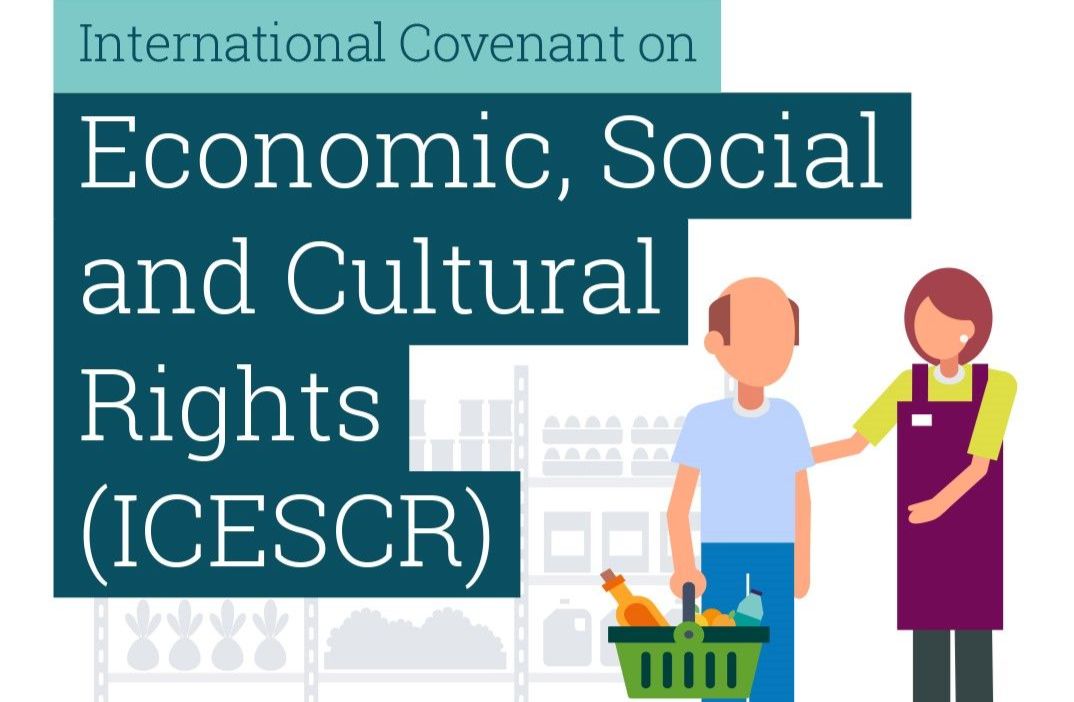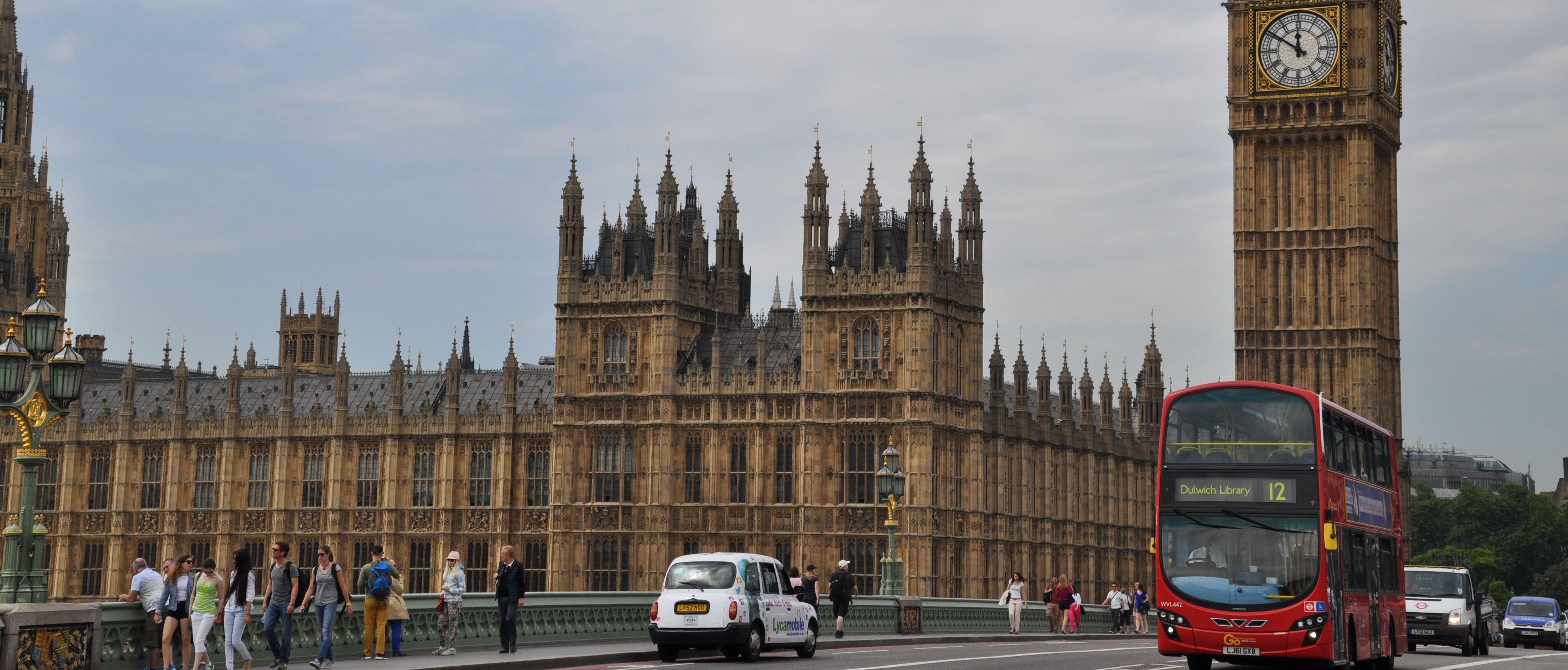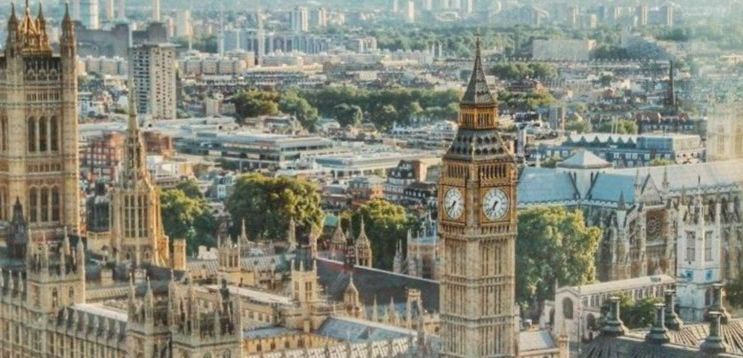 |
Public Sector Equality Duty - Technical guidance update
We have updated our technical guidance on the public sector equality duty (PSED).
Since 2012, when the first PSED technical guidance was published, a number of changes to statute and case law have taken place. This includes the introduction, by statute, of the gender pay gap reporting requirement on public authorities with more than 250 staff.
The PSED technical guidance is now up to date with these key statutes and pieces of case law so that individuals, businesses, employers and public authorities have the information they need to understand the duty, exercise their rights, and meet their responsibilities in the most straightforward way.
| | Read our PSED technical guidance for England | | | Read our PSED technical guidance for Wales | | | Read our PSED technical guidance for Scotland | |
|
|  |
Abuse of autistic people and people with learning disabilities in in-patient settings
In advance of the House of Commons debate on the abuse of autistic people and people with learning disabilities in in-patient settings, we produced a briefing to help inform the discussion.
A lack of appropriate community support means too many autistic people and people with learning disabilities are kept in unsuitable secure mental health hospitals.
Keeping people in secure hospitals inappropriately, when there is no therapeutic benefit, could in some circumstances be a violation of their rights under the European Convention on Human Rights, such as Article 5 (right to liberty and security) and Article 8 (right to a private, family life). Physical, sexual and mental abuse suffered by those in in-patient care are further breaches of these rights.
In our advice on the draft Mental Health Bill, we made a series of recommendations to help address this issue.
| | Read our briefing |
|
| |  |
Clarifying the definition of 'sex' in the Equality Act
On 21 February 2023, the Minister for Women and Equalities (MfWE) asked for our advice on the definition of the protected characteristic of sex in the Equality Act 2010.
Section 11 of the Equality Act 2006 allows us to advise the UK Government on the effectiveness of equality law. Our initial response to this request is set out in a letter sent to the Minister on 3 April 2023 and suggests that the UK Government carefully identify and consider the potential implications of this change.
We believe that a change to the Equality Act 2010, so that the protected characteristic of ‘sex’ means biological sex, could bring clarity in a number of areas, but potential ambiguity in others.
Should the Government wish to pursue work in this area, we recommend detailed policy and legal analysis be undertaken, in compliance with the Public Sector Equality Duty and with due regard to any possible disadvantages for trans men and trans women.
We have, and will continue to, welcome feedback and continued open conversation from our stakeholders on this topic, which will continue to inform our position in this rapidly evolving legal and policy context.
| | Read our letter to the MfWE | |
|
|  |
Our statement on the case of TB v The Met
As Britain’s equality regulator, we have powers to provide legal assistance to victims of discrimination under section 28 Equality Act 2006. We have set up a legal support fund which helps individuals to seek justice by covering the costs of legal action in race discrimination cases.
We recently funded the case of TB v The Met. This case is in reagrds to Mr Bent, a security officer at the Houses of Parliament, who was stopped and searched by Police in 2020.
Mr Bent accused officers of racial discrimination and his case, led by the law firm Deighton Piece Glynn, was settled before any claim was issued at court. The Metropolitan Police denied that they discriminated against Mr Bent, but agreed to pay him compensation as part of the settlement.
The law is clear: no one should be subjected to harassment or discrimination due to their race or ethnicity, either at work or elsewhere.
We have longstanding concerns about the disproportionate use of stop and search by the police. We will continue to monitor this matter.
|
|
| |  |
UK's status as a human rights champion could be under threat
Last month, the Northern Ireland Human Rights Commission (NIHRC) delivered a joint statement to the United Nations Human Rights Council on behalf of us, the Scottish Human Rights Commission (SHRC), and themselves.
This statement was part of the Universal Periodic Review (UPR), a unique process which takes place every five years and sees a country’s human rights record scrutinised by all United Nations Member States before they make recommendations for future improvement.
During this cycle of the UPR, the UK received 331 individual recommendations on a range of areas. We’re pleased that many of the recommendations accepted by the government aligned with recommendations we made in our report. In particular, the UK has committed to:
However the government has accepted only 40% of the recommendations made to it by UN member States. This is way below the global average of 85% and a further decrease from the recommendations accepted in 2017, which itself was a decrease from 2012.
We will continue to encourage the government and Parliament to enhance their engagement with the UPR process and recommendations, so that people’s human rights are better protected and promoted.
| | Read our blog on the UK's engagement with UPR | |
|
|
|
 |
Our work with the Committee on Economic, Social and Cultural Rights
Economic, social and cultural rights affect how people live their lives every day. They establish the freedoms and entitlements underpinning our most basic needs – such as our homes and our standard of living.
The United Nations International Convention of Economic, Social and Cultural Rights (ICESCR) protects these rights and obliges signatories, including the UK, to guarantee these rights to all. The UN Committee on Economic, Social and Cultural Rights (the Committee) examines the UK’s compliance with ICESCR approximately every five years.
Earlier this year, we submitted evidence to the Committee and it has published the list of issues (LOI) for the UK Government to respond to. These include:
- rights at work, disability and ethnicity pay gaps and the over-representation of certain groups in zero-hours contracts
- access to healthcare, reforms to the Mental Health Act, and measures to lift barriers to healthcare for certain groups
- adequate standard of living (food, housing, poverty)
- cultural life and the need for online services to give effective protection from harm and freedom of expression, without excluding certain groups from safely participating in cultural life online
We’ll continue to monitor the UK’s progress towards meeting its ICESCR commitments via our Human Rights Tracker and will contribute further evidence to the Committee before the formal examination takes place.
|
|
| |
|
 |
Illegal Migration Bill briefing -
House of Commons Report Stage
In preparation for the House of Commons Report Stage on the Illegal Migration Bill, which took place on Wednesday 26th April, we published a further briefing to advise on the equality and human rights implications of the proposed law.
We remain seriously concerned that the Bill risks placing the UK in breach of its international legal obligations to protect human rights, and exposing people to serious harm. Provisions providing for the detention of children and pregnant women, and removing protections for victims of trafficking and modern slavery are particularly worrying.
Effective, rights-compliant action is needed to ensure that more lives are not lost on dangerous Channel crossings. We welcome the Government’s commitment to increase safe, regular routes to the UK for those in need of asylum, and recommend these are brought forward alongside the Bill.
|
|
| |
|
 |
Retained EU Law Bill - Committee Stage
Ahead of the Retained EU Law (Revocation and Reform) Bill starting it's Committee Stage in the House of Lords, we published an updated briefing on the Bill.
The Bill plans to overhaul a body of UK domestic law known as ‘retained EU law’ (REUL) by giving ministers the power to replace, restate or update these laws, or else to revoke them at the end of 2023.
We have called on the Government to make a public commitment not to weaken existing equality and human rights protections when revoking, replacing, restating or updating REUL.
We welcome an amendment relating to the extension of the ‘sunset date’ as it would provide additional opportunity for parliamentary scrutiny, increase the ability of government to comply with its PSED obligations and reduce the risk of legislation being accidentally sunsetted.
For this reason, we advised members of the House of Lords to support this amendment.
|
|
| |
|
 |
Online Safety Bill - parliamentary briefing
In advance of the Committee Stage in the House of Lords, we produced a briefing to help inform the scrutiny of the Online Safety Bill.
It is essential that this novel legislation provides effective and robust protections for people’s rights online.
There are four areas of the Bill which we believe could be improved, to better achieve this:
Safeguarding freedom of expression Protecting privacy online User empowerment Effective appeal and redress
You can find our advice about specific amendments in our briefing.
|
|
| |
|
|